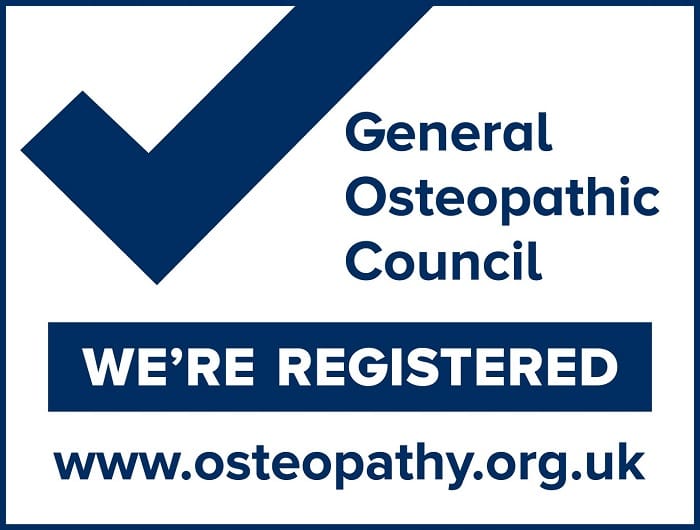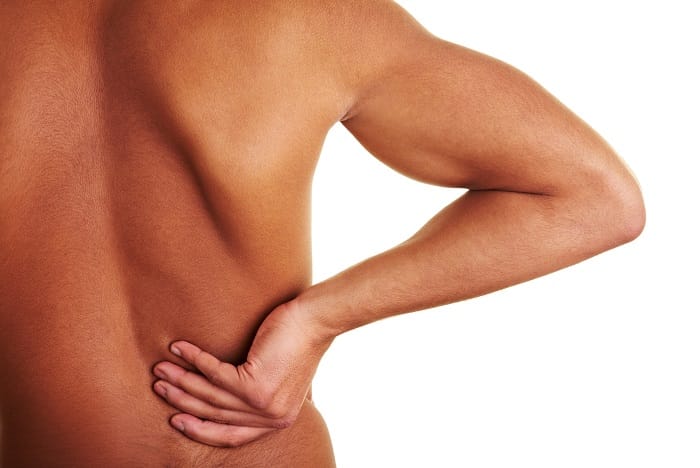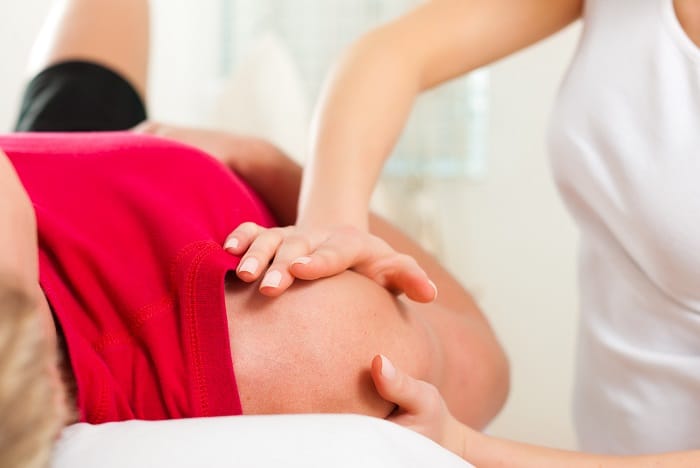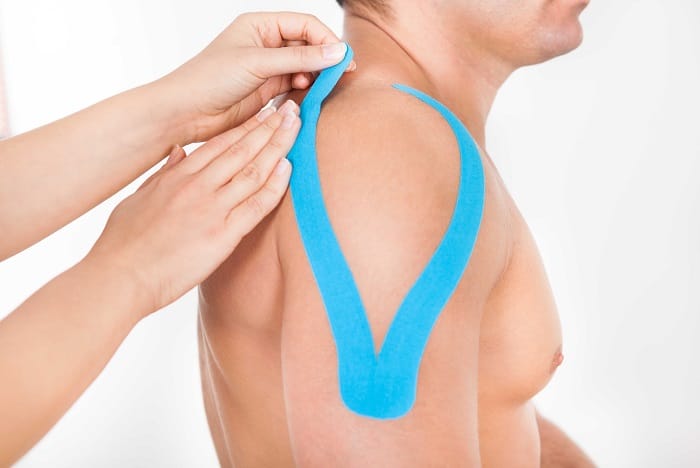Acupuncture & Dry Needling
Acupuncture has been commonly practised as part of traditional Chinese medicine for more than 2500 years, but it is only in the last 40 years that its introduction and popularity have grown in western medicine. Chinese medicine is based on the idea that channels of energy, called Qi (pronounced Chi), flow around the body and that good health is reliant on a steady, strong flow of this energy. When we are ill or injured this energy flow is disrupted, but through the use of acupuncture the balance of energy can be restored. Therapists use fine metal needles which are inserted at specific points to promote and restore the flow of Qi. Which helps relieve symptoms and promote healing.
A number of clinical studies have been conducted to assess how acupuncture works, however it is not yet fully understood. Research has shown that beyond the psychological effects of treatment, that there are also physiological changes occurring too. The insertion of the needles triggers the release of opioid peptides generating an analgesic effect. Other chemical neurotransmitters at the site of needle insertion stimulate increased blood flow or an increased immune response. Good quality research is still ongoing to gain a better understanding of how it works, but it is already accepted that for some people acupuncture has proven very effective as a complimentary therapy.
It is important to note that the beneficial effects of acupuncture vary with each person, but most experience some pain relief. Conditions commonly treated include;
- Headaches
- Pain
- Nausea
- Arthritis
- Rheumatism
- Muscle & Joint conditions
- Sports injuries
- Chronic or acute injuries
Dry Needling was developed within western medicine and is based on current medical research of neuroanatomy. Its basic principles and philosophy are different from the traditional Chinese medicine and the idea of manipulating flows of Qi energy around the body. Dry Needling uses different needle insertion points and is solely focused on triggering the body’s physiological response. Although both practices use the same fine, solid needles in their treatment. The technique is called dry needling as there is no fluid being injected from the needle, instead it is the presence of the needle itself that generates the therapeutic effect.
When you suffer a muscular injury the affected tissue often goes into contracture to protect itself from further injury. This can be painful and restrict movement, with the contracted tissue also inhibiting the flow of nourishing blood to the injury and the flushing out of waste products. Dry Needling seeks to address all these issues. Needle insertion at the affected site stimulates nerves to release analgesic opioids that reduce pain. The needle passes through muscle tissue causing tiny amounts of damage, just enough to trigger a small inflammation response that increases blood flow and stimulates the immune system.
Unlike Acupuncture, Dry Needling focuses on the treatment of musculoskeletal conditions and some neuropathies. As before the effectiveness varies between clients, but Dry Needling is used to treat;
- Various types of Tendinosis or Tendonitis
- Muscle strains or sprains
- Muscle and joint pains
- Headaches
- Sciatica
- Plantar fasciitis
Whichever therapeutic approach you prefer, be it Acupuncture of Dry Needling, there is benefit to treatment. Needle insertion doesn’t hurt as they are very fine, although some people do report feeling tingling and subsequent aching. This is a normal reaction to the chemical changes and uncramping of the muscle tissue.
If you would like more information on how osteopathy or physiotherapy can help treat you, or want to book an appointment, please email nick@nickcastle.co.uk. or phone us on 0207 386 9777.
Have any questions, make an enquiry Enquire Now
I didn't actually choose to see Nick - I was sent to him by my exasperated personal trainer, and now I can't thank her enough! Five weeks before the London Marathon I developed a pain in one of my glutes and did what any self-respecting idiot would do - ran on it until it was so bad it hurt just to walk, and the months of training seemed like they'd been for nothing.
Nick is wonderful. He's very professional and thorough and he has a naturally calming manner that will put you at ease. He also clearly knows his stuff - in our first session he quickly identified my problem (piriformis) explained it in terms I could understand (!) and gave me exercises to speed up recovery.
I had three more sessions and they were well worth it. As well as treating the injury he also assessed my running style for any underlying issues and correctly identified previous injury sites. With his help I was able to quickly get back into training and, by some miracle, a week before the marathon I was pain free.
I joked that, as well as fixing my injury, I expected Nick to make me run faster. Well, maybe... Just maybe... The man's a magician! I'm delighted to say I ran a pb, clocked my first sub-3 hour marathon and came 46th out of all the ladies. Thank you Nick! I cannot recommend him enough.
- Ros P
A big thank you to Elaine (osteopath) at Nick Castle Osteopathy & Sports Medicine Clinics - after just 2 sessions she managed to work out some major aches and pains I'd been having daily, for over 6 months. I plan on seeing her on a regular basis to prevent any future problems. Thanks again!
- Priti S
I have had 2 sports massages with Nick, one in Kensington and one in Amersham. Nick is a very approachable therapist, who spends time building a picture of the type of sports you do and the injuries you have. I have found Nick's techniques to really help improve my performance.
- Jane B








